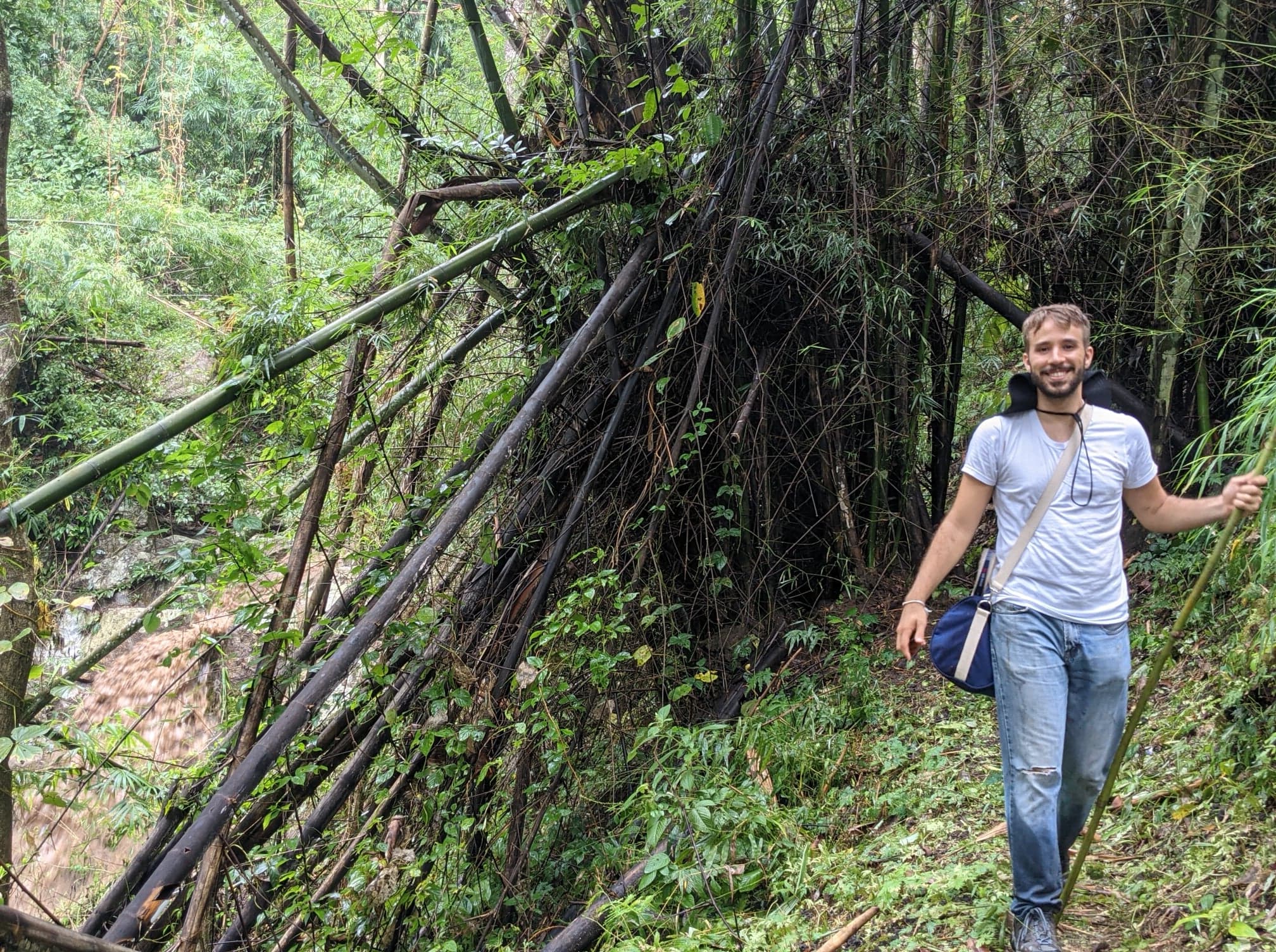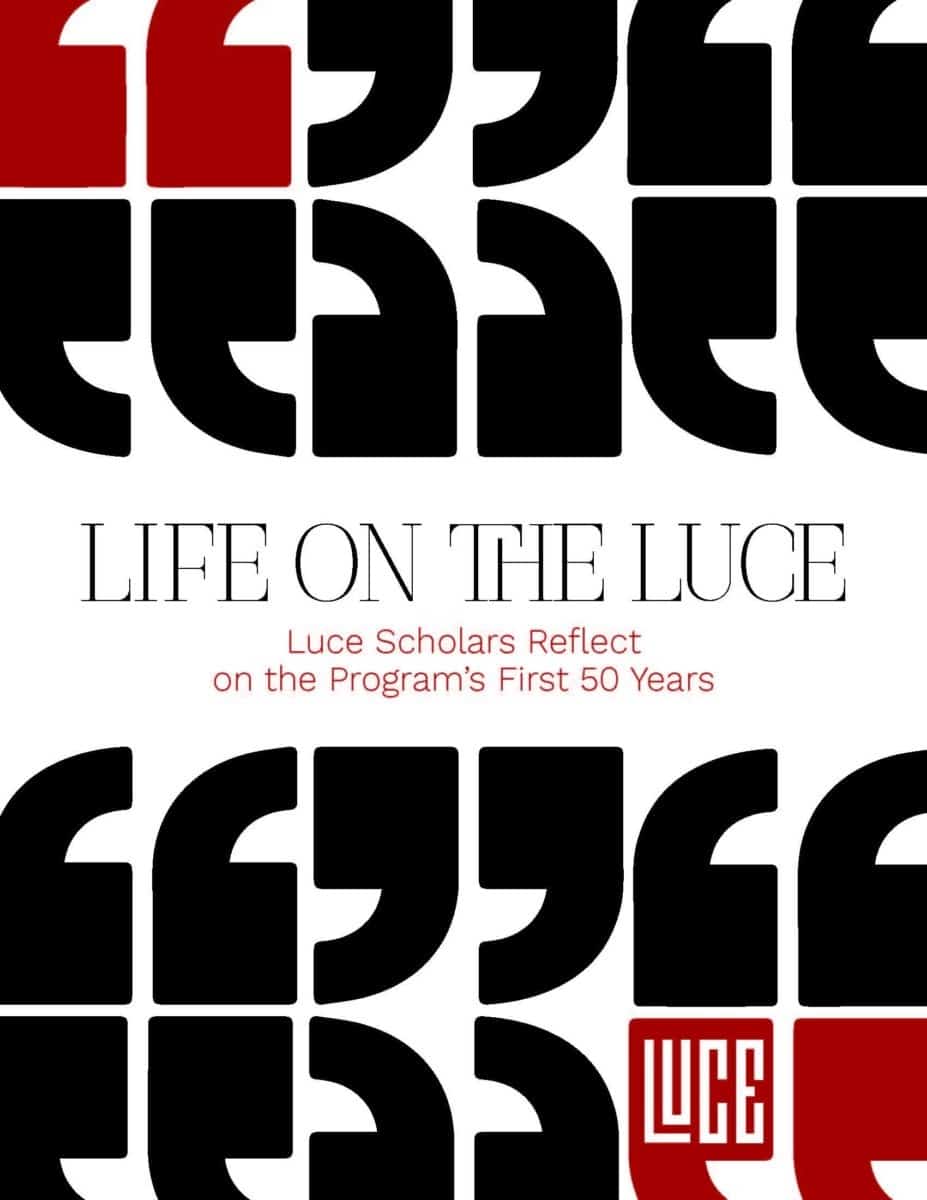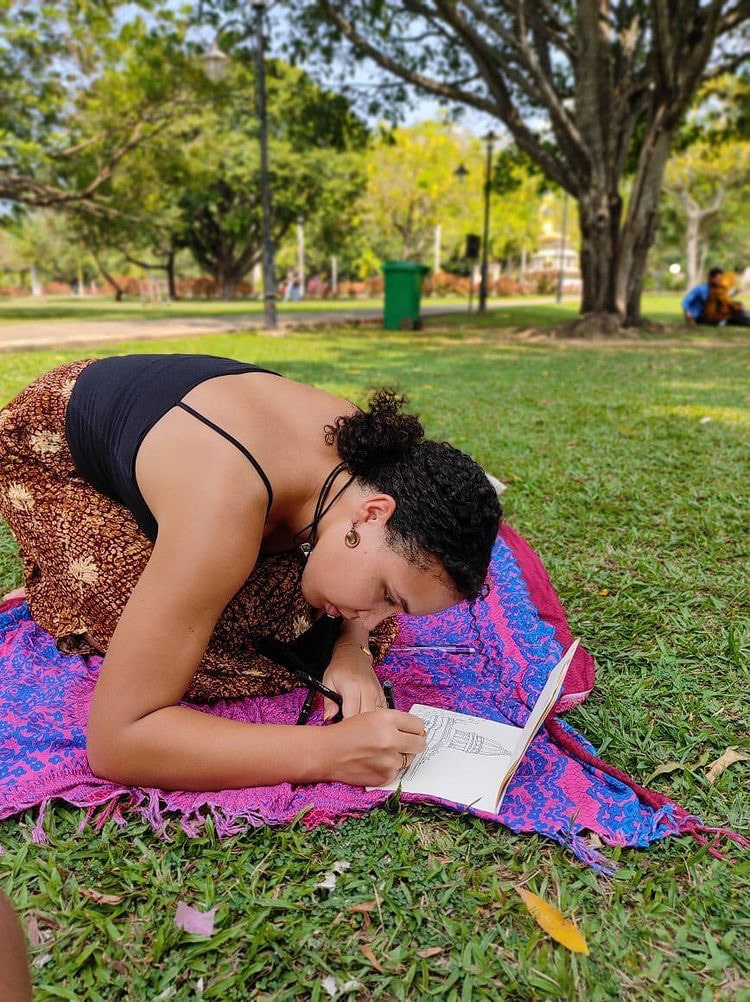I spent my year as a Luce Scholar working closely with Burmese and Tai Yai community leaders with the MAP Foundation in Chiang Mai, Thailand. I came into this year eager to leverage my past experiences and learn through collaboration with stakeholder leaders as they respond to migrant needs during the ongoing conflict in Myanmar. And through this work and my broader network of artists and community leaders from Myanmar, I was able to delve further into how to be an effective migrant rights activist. Building deep connections with my team helped me to see significant gaps in international migrant rights infrastructure, namely barriers that separate stakeholders best suited to address pressing concerns with the funds raised to address ongoing conflicts.
Through MAP’s Rights for All program, I worked with an exceptional team of migrant women activists from Myanmar, both in Chiang Mai and along the Thai/Myanmar border. This team works tirelessly to create multifaceted programs that both ensure that migrant children receive consistent, quality education and help migrant women organize, access legal rights, and respond to gender-based violence. The team and I spent much of our time drafting grant applications and reports – a task with such a high mental and time burden that it caused many cases burnout across the foundation. Reviewing these reports, I realized that their requirements were written in opaque, advanced English language, leaving the team – who have actualized systemic change for decades – feeling discouraged and unable to discern vague procedures. The onus was on my team to take the perspective of and accommodate programming to the preferences of western funders who did not clearly understand the situation on the ground. Although my presence in the office eased the grant writing, programming, and reporting process in the short term, it also underlined a broader systemic issue: why should someone be flown in from the other side of the world to connect experts with the funds raised for their cause?
Following my year with Luce, I feel a responsibility to reform the grantmaking system, so that community leaders are readily connected with resources gathered for their advocacy. The opacity of grantmaking is system-wide and reform is vital. Stakeholders and community leaders should be able to access needed resources through processes that are transparent, fair, realistic, and seek out their expertise. Fundraising infrastructure that is multilingual, accessible, and seeks out stakeholder-led initiatives promises dignity and agency in a system that currently provides nowhere near enough of either. As I continue to advance my career, I will root my work in the lessons I gained in Chiang Mai and work to create more ethical channels that put community leaders in the forefront. I credit my year as a Luce Scholar to my increased awareness of this fundraising concern alongside many topics, which I will incorporate to a lifelong career in migrant and refugee rights.


